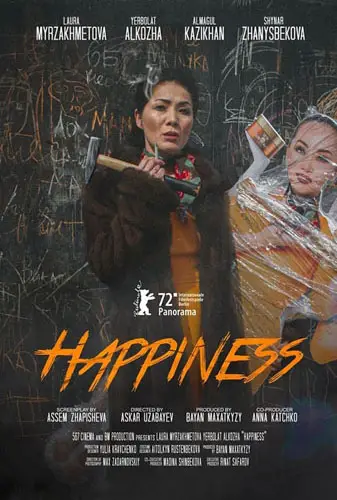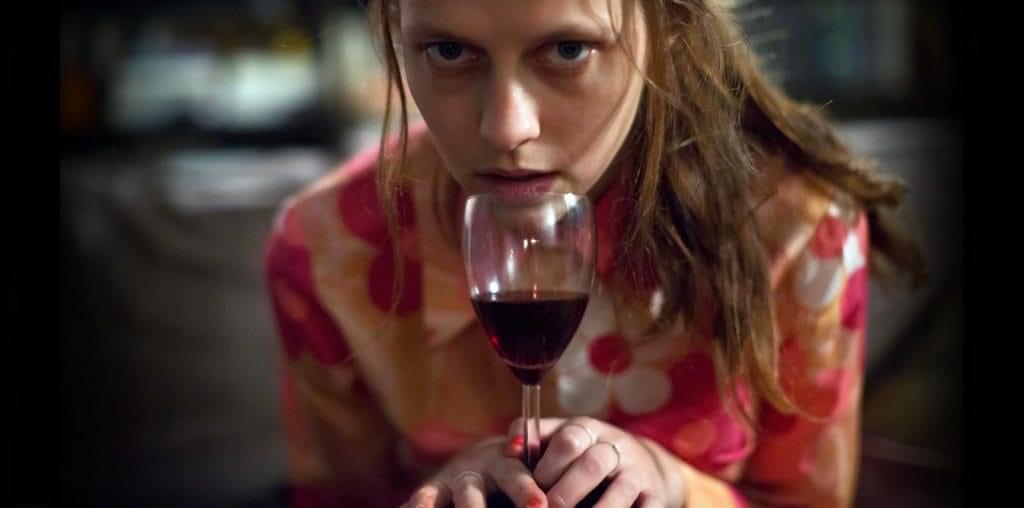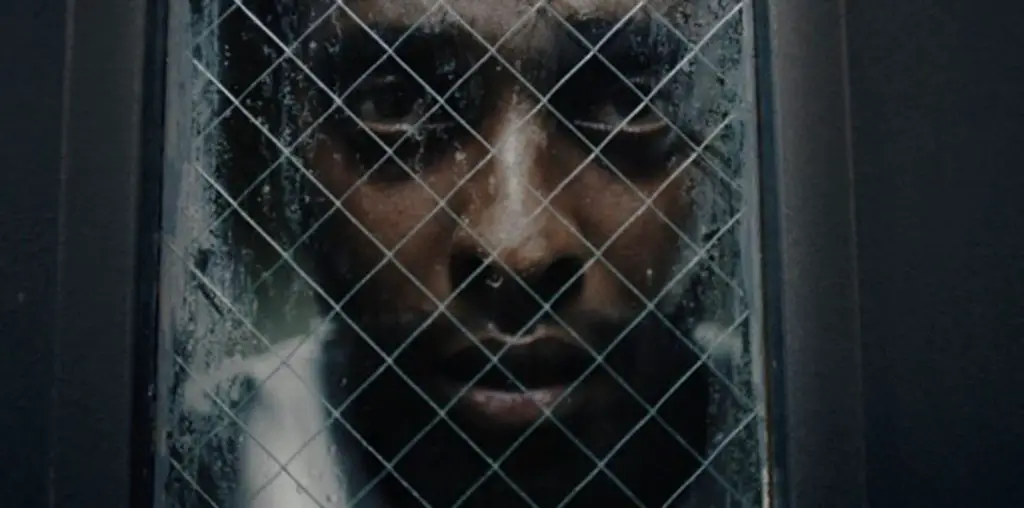
Also well-portrayed and written is the husband. He is pure evil, a deeply self-absorbed and cruel man who takes pride in asserting his male dominance through the monstrous treatment of his wife. Alkozha brings a devilish vibe to the character, which makes him a dangerous psychopathic monster even during his moronic and laughable moments. Especially during the sequences where he is drunk, Alkozha’s body movements and slurry dialogue delivery make him a convincing antagonist throughout Happiness.
And then there are those edge-clutching sound effects. The sound design makes the violent beatings, attacks, and injuries more brutal to the ears, even when the camera hides those moments visually. As a viewer, the sound of a slap will make you fearful.
“Based on a true story,” it says on the screen at the movie’s end. However, Happiness isn’t about just one woman, but, in the director’s own words, is the truthful depiction of the matter in Kazakhstan. It’s a land where no law protects women from domestic abuse, leaving hundreds dead or incarcerated for the murder of their husbands. Zapisheva reflects this fact by creating more suffering women characters. At one point, the woman’s lawyer friend mentions how she survived nine abortions before she could escape her husband. Another is seen receiving offensive slurs from her husband on the other side of a call. Then there’s the daughter, who is to marry an equally discarding husband while she carries his child.

“Myrzakhmetova is exceptional…”
Uzabayev aims his intense drama as a wake-up call for the younger generation. In the mother-daughter dynamic, the relationship appears strained and almost destroyed, with no stable connection between the two. It’s a social remark on the father’s significant control over the daughter’s upbringing, which often distances the mother from the child. Amidst the chaotic suffering and pain, the next generation is plunged into the same madness.
Is Happiness calling out for the young generation to understand the severity of the problem? Well, it’s undoubtedly making the world aware of how gruesome domestic abuse can be in Kazakhstan and other nations. However, with no secure release for the film in its home nation, there’s no telling if its purpose will be served. It’s a movie on domestic violence against women, directed by a man, but portraying characters created for the script by a woman. That’s why there is such an intense display of the problem that Kazakhstani women endure in their entrapment of life.
Happiness is a must-watch for its perfect presentation of major social concerns and its bit-by-bit capture of misogynistic ideals. The film urges the audience to realize and acknowledge the issue’s severity at its most micro-level. And perhaps the drama shall collectively gather the world to witness this suppression of women in a male-dominated and patriarchy-muddled world and bring about change.
Happiness screened at the 2022 Berlinale Film Festival and the International Film Festival of India.

"…a must-watch for its perfect presentation of major social concerns..."


